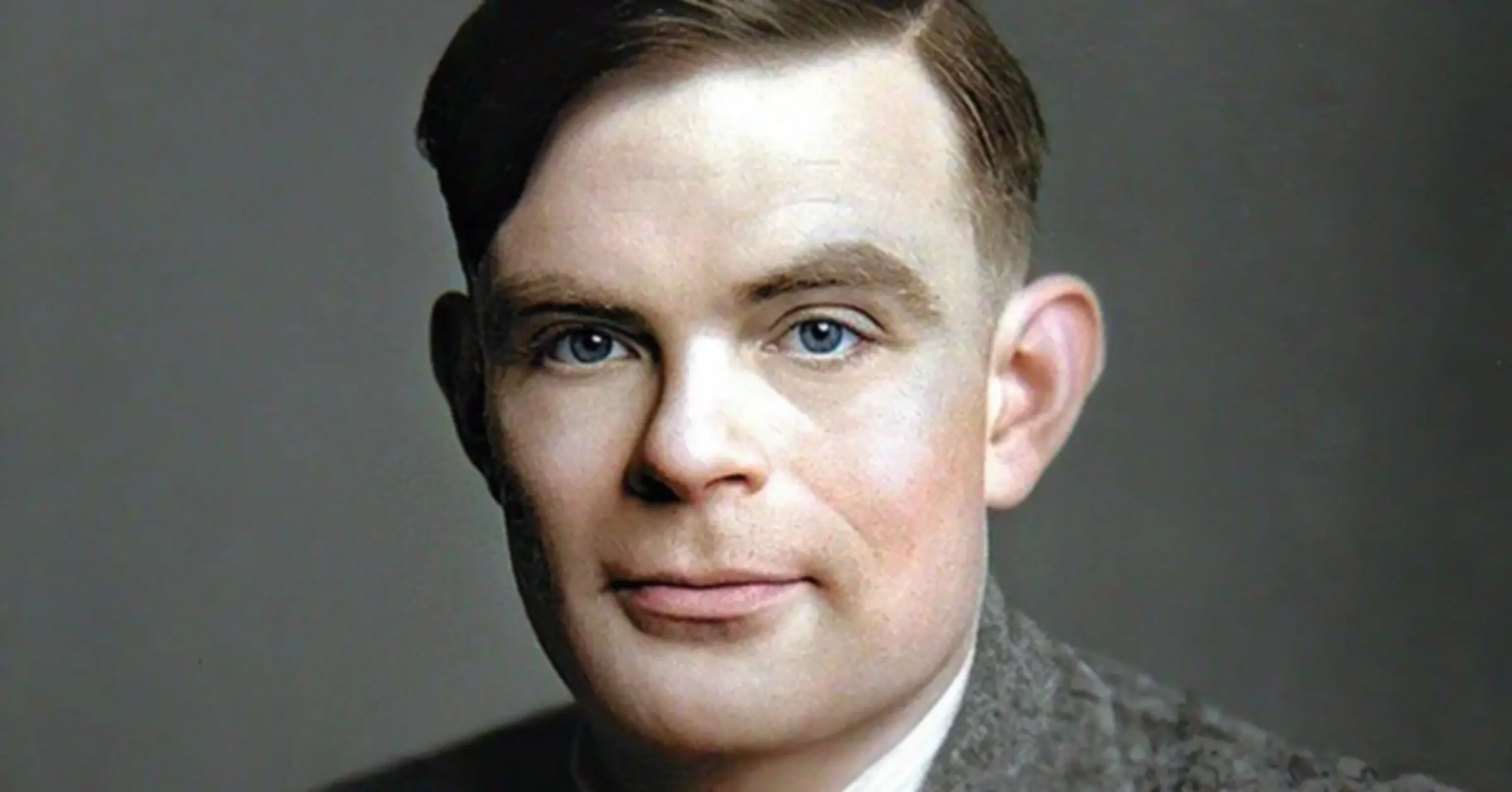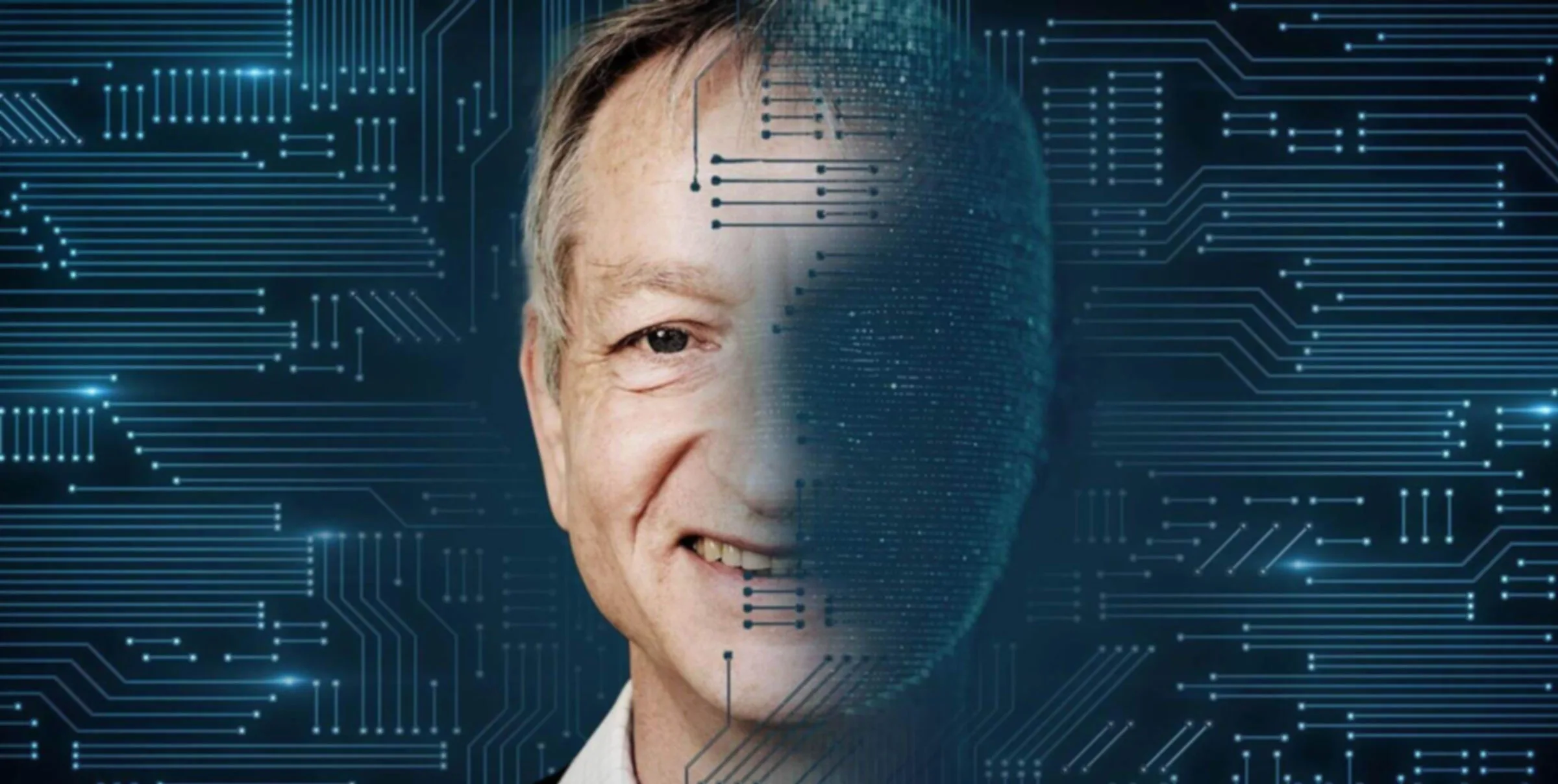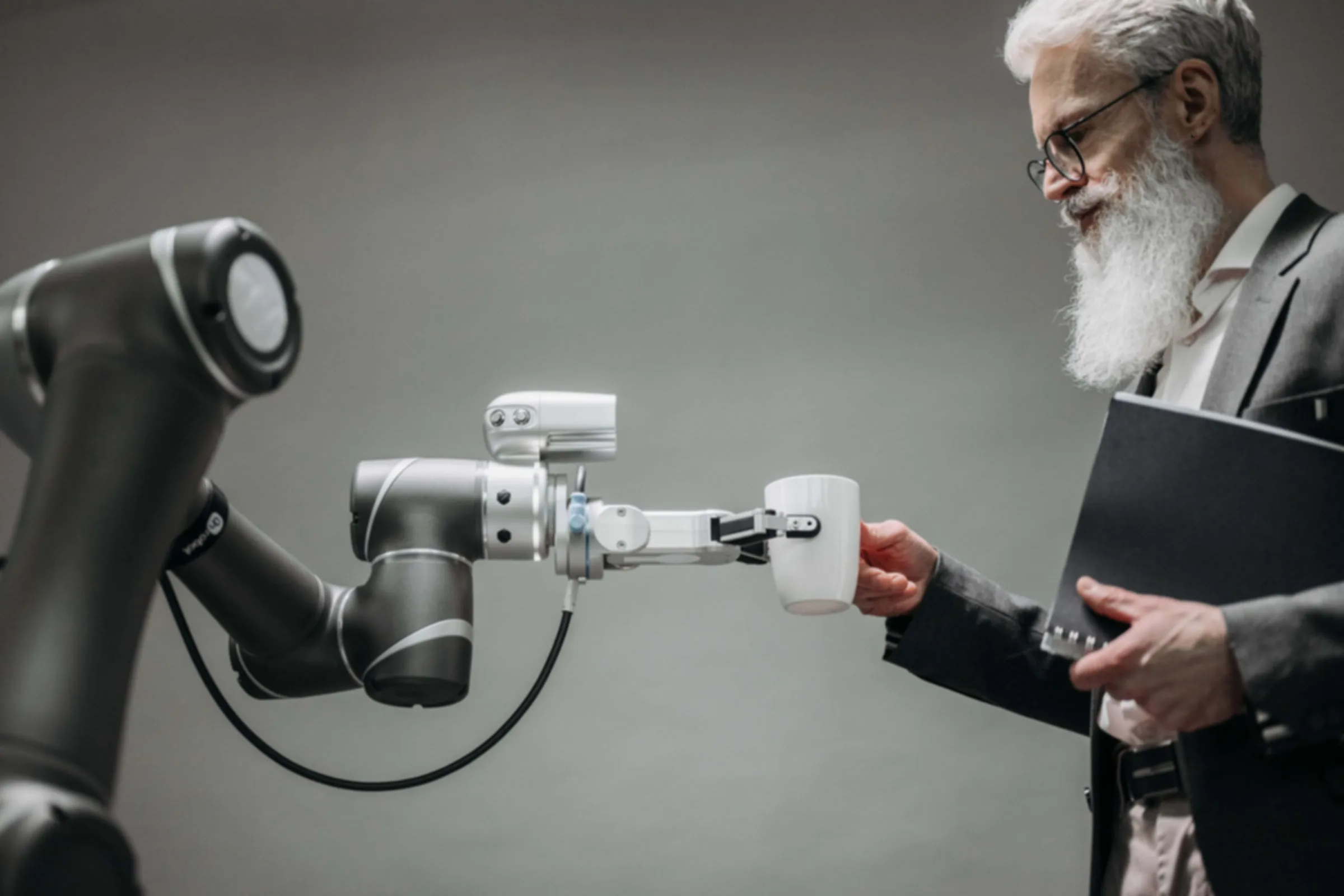These seven Alan Turing quotes on artificial intelligence show how he foresaw ChatGPT, LLMs, and today's AI boom—decades before computers could even play chess. His 1950 paper "Computing Machinery and Intelligence" reads less like history and more like a product roadmap for 2025.
Alan Turing (1912-1954) was a brilliant mathematician, logician, and computer scientist whose work laid the foundations for modern computing and artificial intelligence.
Long before the term "artificial intelligence" was coined, Turing was already exploring the fundamental questions that still animate the field today. His 1950 paper "Computing Machinery and Intelligence" introduced the famous "Turing Test" and marked the beginning of serious inquiry into machine intelligence.
These seven quotes, drawn from Turing's published papers, lectures, and interviews between 1948 and 1952, reveal how remarkably forward-thinking his ideas were about the future of AI.

1. Saying That Machines Think
"I believe that at the end of the century the use of words and general educated opinion will have altered so much that one will be able to speak of machines thinking without expecting to be contradicted."
Writing in Mind in 1950, Turing predicted that the very language around AI would shift—a milestone that has arguably arrived in the 2020s as "thinking" chatbots move into everyday conversation.
2. The Universality of Computation
"A man provided with paper, pencil, and rubber, and subject to strict discipline, is in effect a universal machine."
In a 1948 National Physical Laboratory report, Turing links human clerks and digital computers under one concept—the universal computer—laying the logical foundation for modern software.
3. Unfamiliar Kinds of Thought
"May not machines carry out something which ought to be described as thinking but which is very different from what a man does?"
Writing in Mind in 1950, Turing widens the definition of intelligence, anticipating today's debates about whether neural networks "think" even if they do so unlike humans.
4. Machines Outstripping Us
"Once the machine thinking method had started, it would not take long to outstrip our feeble powers."
Speaking on BBC radio in 1951, decades before "super-intelligence" entered the lexicon, Turing warned that self-improving systems could race past human ability—an idea still fueling safety research today.
5. Being Surprised by Computers
"Machines take me by surprise with great frequency."
Writing in Mind in 1950, Turing was already alert to emergent, unexpected behavior in complex programs seventy-five years before large-language-model "hallucinations."
6. What Was Coming Next
"This is only a foretaste of what is to come, and only the shadow of what is going to be… I do not see why [the computer] should not enter any one of the fields normally covered by the human intellect, and eventually compete on equal terms."
Speaking with The Times in 1949, fresh from demonstrating the Manchester Mark I, Turing looked far beyond number-crunching toward competition with human creativity and reasoning.
7. The Work Still Ahead
"We can only see a short distance ahead, but we can see plenty there that needs to be done."
Writing in Mind in 1950, Turing reminds us that AI progress is incremental and that each breakthrough only exposes the next layer of unanswered questions.
Aiifi's Take on Turing's Words
Turing's predictions read less like mid-century speculation and more like a product roadmap for AI's first century. He foresaw:
- Cultural acceptance of the phrase "thinking machines"
- Emergent behavior that even builders struggle to anticipate
- Human–machine competition across intellectual domains
- The possibility and risk of runaway capability gains
For practitioners and policy-makers alike, Turing's seven insights are not historical curiosities; they remain guideposts for where AI is headed and why careful stewardship matters.



